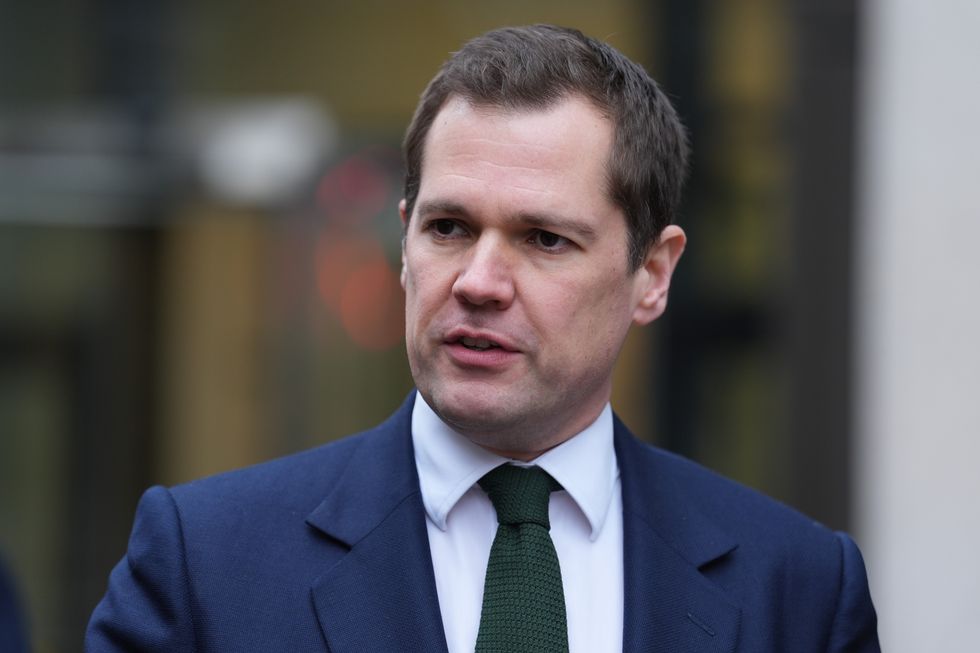Shadow Justice Secretary Robert Jenrick has tabled a parliamentary motion condemning a judge who wished the mastermind behind the 7/7 tube bombings in London “all the best”.
Sir Robert Jay is said to have made the remarks to Al-Qaeda terrorist Haroon Aswat during proceedings in the High Court.
Aswat was jailed for 20 years in the US after he admitted conspiring to set up a terrorist training camp in Oregon.
After being deported to the UK in 2022 after completing his sentence in the US, he was detained under the Mental Health Act.
Court documents obtained by The Sun earlier this year stated that Aswat confessed to being a “mastermind behind the 9/11 attacks and a 2005 terrorist attack in the UK”.
Mr Justice Jay told Aswat: “I have to wish you all the best and say to you that the way forward is to keep on your medication, listen to the advice you are going to get, and keep out of the sort of things you were doing.
“Because you saw where it ended up and you do not want to go back to that, I am sure.”
A motion to parliament tabled by Newark MP Mr Jenrick notes “profound concern” for Mr Justice Jay’s comments.
LATEST DEVELOPMENTS:
- Dark text exchange between Charlie Kirk suspect and trans lover made public by prosecutors
- Albanian criminal allowed to stay in Britain as relationship with wife might ‘dwindle away’
- Muslim mayor tells Christian man he’s ‘not welcome’ in US city

The motion states: “[This house] considers that this conduct falls below the high standards of judgement required of a holder of senior judicial office and risks diminishing public confidence in the administration of justice, particularly in matters of national security; and deplores the conduct of the Hon. Mr Justice Jay.”
Mr Jenrick told GB News: “These comments were completely unacceptable.
“Justice Jay should be ashamed of himself. Judges aren’t beyond scrutiny.
“When they fall short of the standards the public expect, they should be held accountable.”

Aswat first became associated with firebrand radical Islamic preacher Abu Hamza at the Finsbury Park mosque in the mid-90s.
With Hamza, he helped 200 UK-based men of Pakistani origin engage in terrorism in Jammu and Kashmir regions.
In November 2004, he met with Mohammad Sidique Khan and Shehzad Tanweer in Pakistan.
Around eight months later, Khan, alongside Tanweer, would orchestrate the London bombings on July 7, 2005, which killed 52 people and injured more than 770 others.

Aswat was never charged in connection with the attack.
He is set to be released from hospital and expected to return to his family home in Yorkshire, despite police fears he remains a threat.
Detective Chief Supt Gareth Rees, a senior anti-terror detective, said he had “grave concerns” that Aswat remained a risk to national security.
An exact date of his release is yet to be confirmed.
A Government spokeswoman previously said: “If any individual poses a threat to national security, the police and intelligence services have a range of powers they can apply.
“We will always do whatever is necessary inside the law to protect the public from any risk posed by former terrorist offenders or people of terrorist concern.”
Our Standards:
The GB News Editorial Charter







Follow